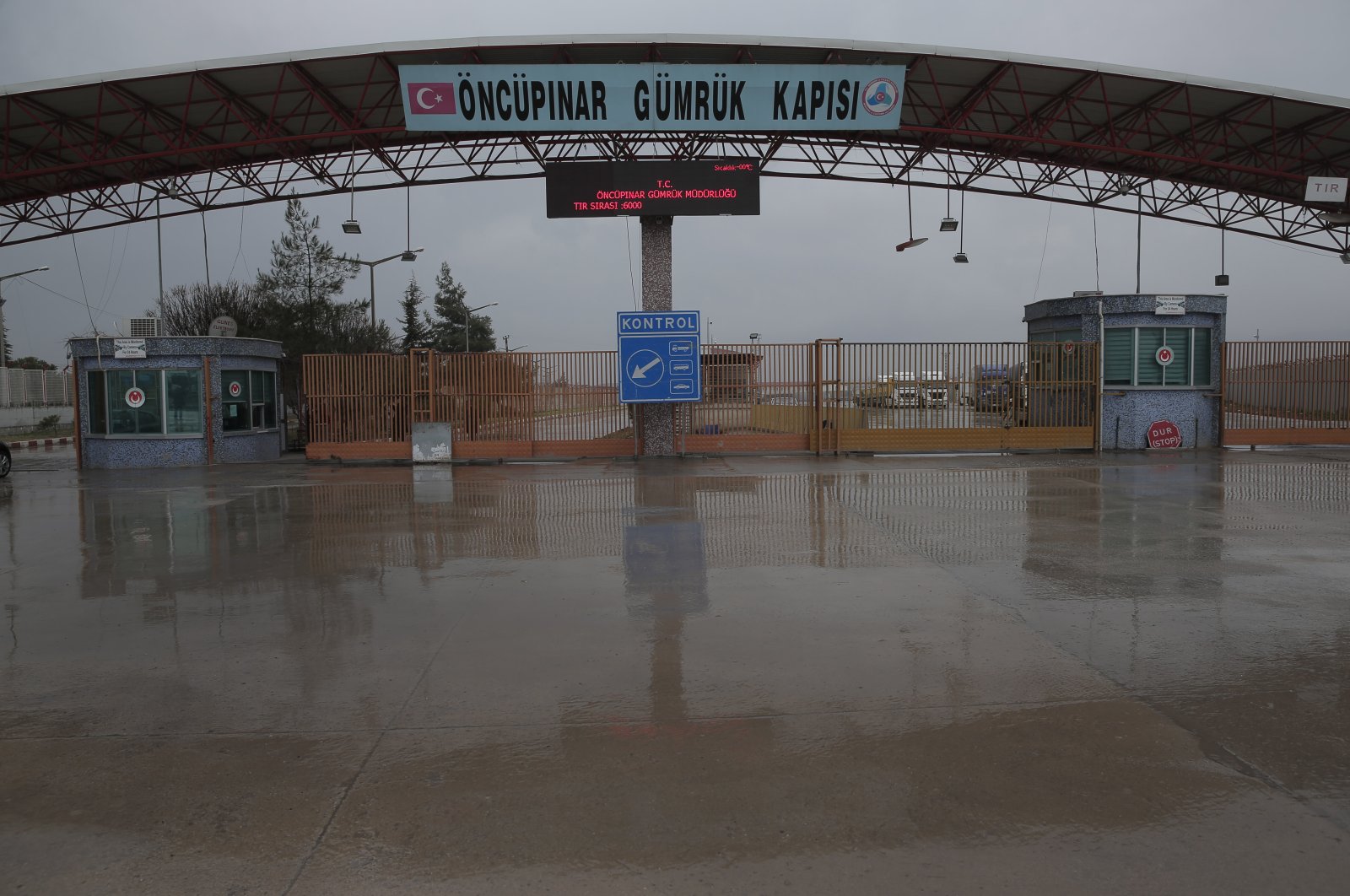
Türkiye’s Tehran ambassador says normalizing ties with Syria depends on a number of factors but Iran has an important, constructive role in assisting them in the progress
Hicabi Kırlangıç, Turkish ambassador to Iran, highlighted the role of his country’s eastern neighbor as Ankara aspires to restore ties with the Assad regime of Syria. The envoy, who was appointed last year, said they were in touch with Tehran on the matter.
Earlier this year, President Recep Tayyip Erdoğan said that he would soon extend an invitation to Assad to meet for the first time since Ankara and Damascus broke off relations in 2011, as mass anti-government protests and a brutal crackdown by security forces in Syria spiraled into a still-ongoing civil war.
Iran is one of the few allies of the Assad regime, along with Russia, which also stepped in to mediate normalization efforts between Ankara and Damascus.
Kırlangıç told Tasnim news agency of Iran in a recent interview that Türkiye and Syria have been culturally linked neighbors, though their relations deteriorated over Syria’s past stance on terrorism. He was referring to the activities of the terrorist group PKK in Syria long before the beginning of the civil war. Kırlangıç said Iran and Türkiye had different perspectives on Syria, adding that it was undeniable that Syria had a human rights issue. "There is a clear divide between the Syrian (regime) and its people, something evidenced by a large number of Syrians fleeing their country into Türkiye,” he said. Kırlangıç stated that Türkiye handled this influx well and it also did its best to engage in dialogue with Syria. "However, the influence of major powers, especially emerging regional powers, is at play here. Türkiye and Syria need to act cautiously,” he said, without naming the said powers.
The ambassador said Türkiye sought to take constructive steps while assessing the Assad regime’s reservations about normalizing relations.
Assad has said earlier that he would meet Erdoğan if it serves Syria’s interests but believes "support for 'terrorism' and the withdrawal from Syrian territory” are the "essence of the problem.” The regime wants Turkish troops to back the opposition to Assad and fight the PKK/YPG terrorists out of northern Syria. "Syria might feel justified from its own viewpoint, but Türkiye, with its experience since the U.S. occupation of northern Iraq, understands the terrorism issue well and is taking appropriate measures,” Kırlangıç said. Since 2016, Türkiye has carried out successive ground operations to expel the terrorist group YPG from Syria's north, to prevent the formation of a terror corridor and to sever its ties with PKK’s stronghold in northern Iraq’s Qandil region. Counterterrorism operations also drove out Daesh from the region. Yet, the YPG still retains swathes of land in northeast Syria and recently sought legitimacy to its presence by announcing "elections” in the region. The so-called elections were scrapped for now, but the group still remains a force to reckon with, thanks to military support by the U.S., which sees it as a partner in counterterrorism.
Kırlangıç stated that Türkiye had no designs on the territory of other countries and respected the sovereignty of Syria, adding that their work in Syria focused on ensuring the country’s own security. "Türkiye is among the countries that value Syria's territorial integrity the most. The fragmentation of Syria would exacerbate the crisis in the region and preserving Syria's territorial integrity remains a priority for us, with our stance on this matter being very clear,” he said.
The ambassador stated that they recognized the constructive role Iran can play in normalizing relations with Syria.
"If our military presence were to be removed, it would pave the way for further chaos. We are well aware of this and that is why our approach is straightforward. We want to establish relations with Syria, and we believe Iran's role in facilitating ongoing talks with Syria is crucial,” he stated. "Iran is expected to play a constructive role here because it has the power to do so, especially in countering imperialist plans in the region,” he said.
Kırlangıç said Ankara was exerting efforts and engaged in dialogue with Iran on the matter. "The region cannot sustain (lack of normalization) longer. We are ready and hopeful to take significant steps in the near future. Iran and Türkiye play significant roles in the region. Iran’s relationship with Syria could encourage (the Assad regime) to make peace with Türkiye,” he said.
He underlined that the divide between Syria and the YPG’s "election" plans was not in the interest of either the Assad regime or Türkiye. He said Syria could achieve self-governance, but its military weakness complicated the situation. "This is one of the reasons we want to re-establish relations,” he said.
